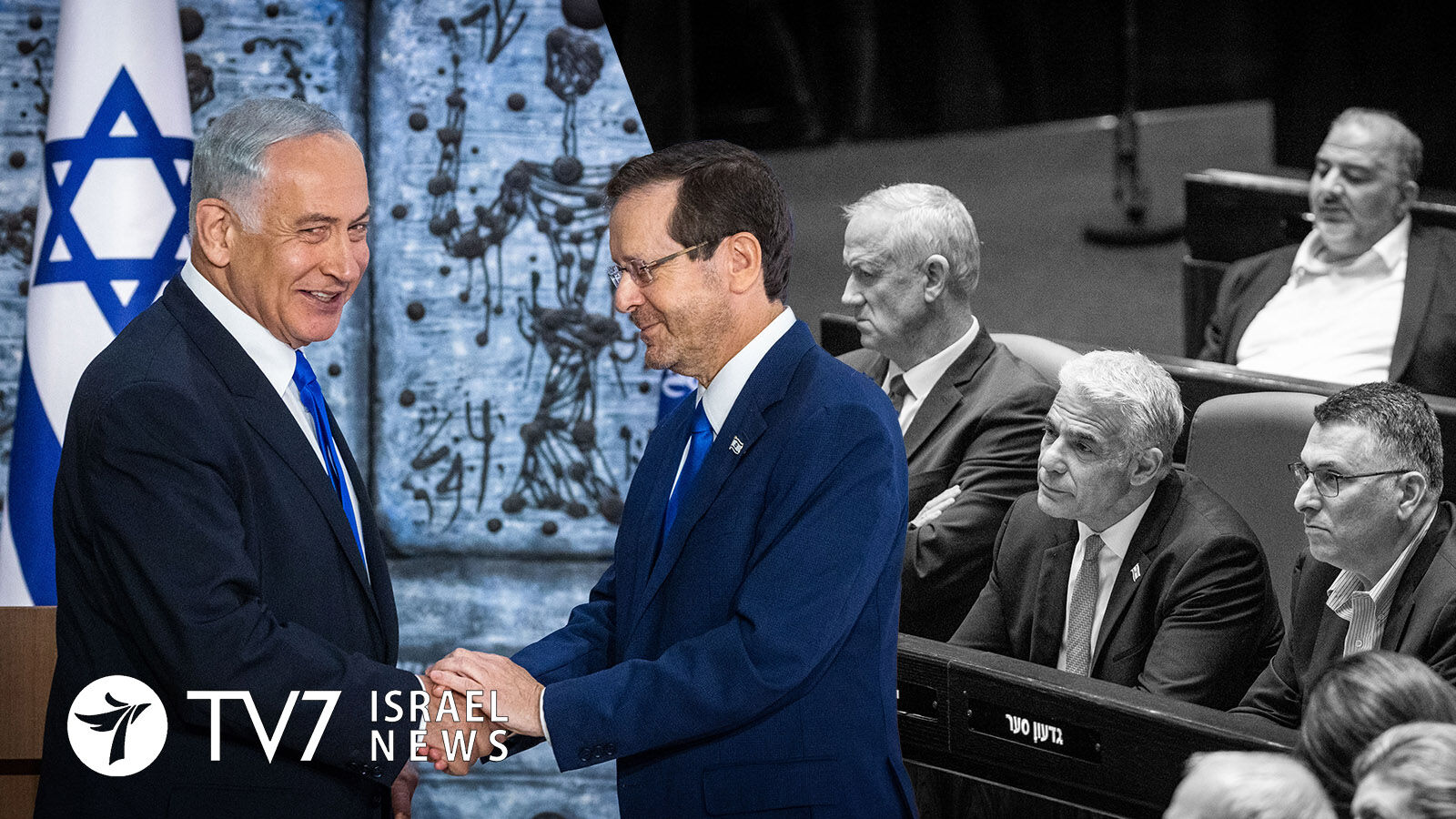With just minutes to the deadline, Israel’s longest-serving prime minister, Benjamin Netanyahu, announced success in forming the country’s 37th government.
By Erin Viner
After weeks of unexpectedly tough negotiations with religious and far-right coalition partners, the Likud leader informed President Isaac Herzog of the breakthough just ahead of last night’s midnight deadline.
Netanyahu’s conservative party and like-minded religious-nationalist parties close to the ultra-Orthodox and West Bank settler communities won a comfortable majority in the 1 November election, securing 64 of the Knesset’s 120 seats.
The coalition deals were held up by disputes over a package of proposed legislation on issues ranging from ministerial control over the police and planning authority in the West Bank districts of Judea, Samaria and the Jordan Valley that Palestinians demand for a future state.
Netanyahu must now present his new government within a week, which will take office after a year that has seen the worst levels of Palestinian violence in more than a decade that claimed the lives of 31 Israelis.
The path to what is expected to be the most stable government in years comes after political turmoil that saw Israelis go to the polls five times in less than four years; although the weeks of wrangling have made it clear that the coalition may still face significant internal challenges.
Critics are alarmed over pending proposals granting the Knesset greater powers to overrule court decisions that some see as a threat to the independence of the justice system. The inclusion of the hardliners Itamar Ben-Gvir of the ultranationalist Otzma Yehudit party and Bezalel Smotrich from the far-right Religious Zionism party has disappointed liberal Israelis and Palestinians. Both Members of Knesset (MKs) oppose Palestinian statehood and support extending Israeli sovereignty into the West Bank – adding another obstacle to a potential Two-State Solution to the Israeli-Arab conflict.
Ben-Gvir will serve as Security Minister, with authority over police; while Smotrich‘ pro-settler party will have control over planning in the West Bank, giving it wide powers over the lives of Palestinians and opening the door to an expansion of Jewish communities in the biblical territories. Ben-Gvir also wants to take greater direct control over the police with legislation that would give him direct authority over policy matters traditionally within the purview of the police commissioner.
Other controversy was stirred by the eventual appointment of religious Shas faction head ultra-Orthodox Shas faction head Aryeh Deri as Finance Minister, despite his previous conviction for tax fraud. He would take over the ministry for two years under a shared arrangement with Smotrich, who would serve for the first two years of the government’s term.
Netanayhu has tried to assuage concerns by insisting that he and his Likud party will ultimately set Israeli policy, while pledging to govern in the interest of all citizens in Israel. The veteran leader, who returns after serving a record 15 years in top office, is on trial for corruption charges he denies.
